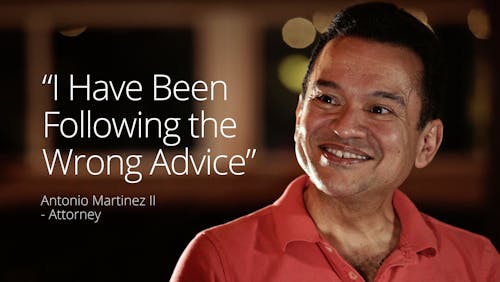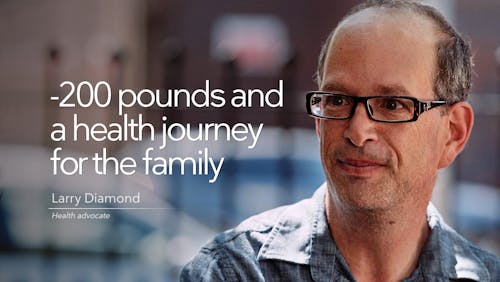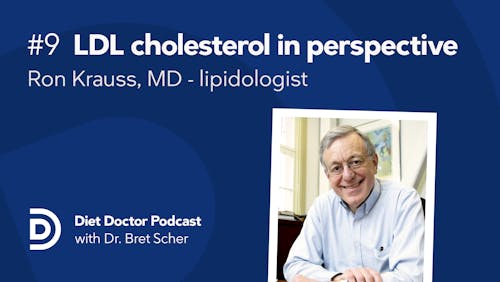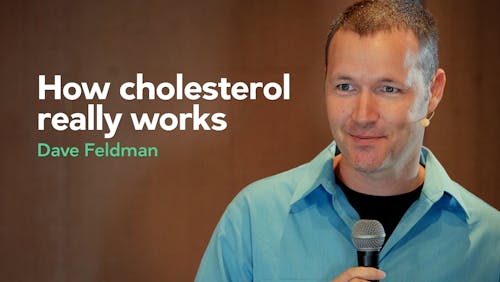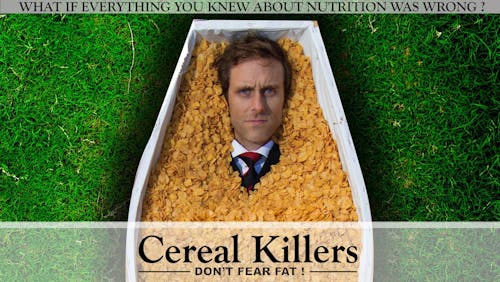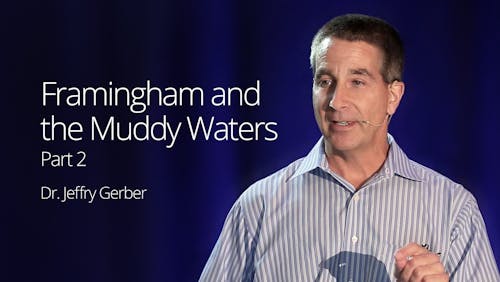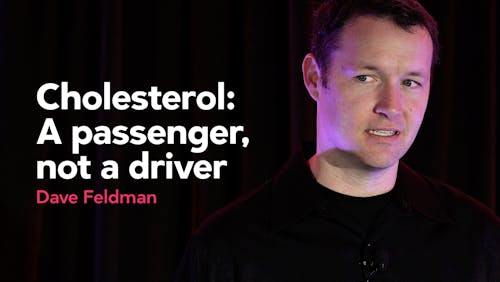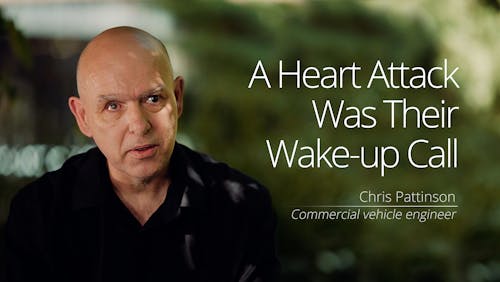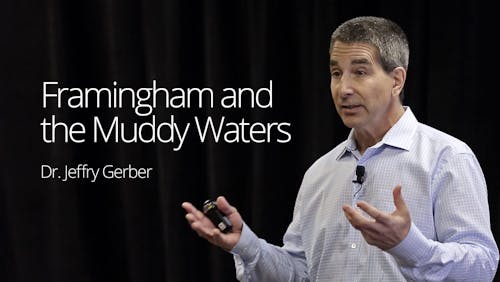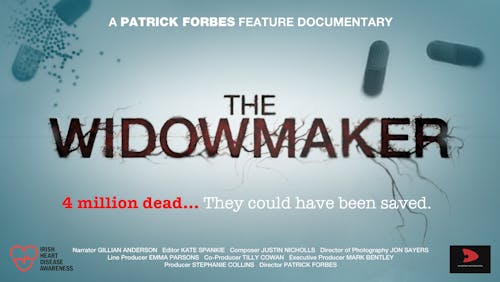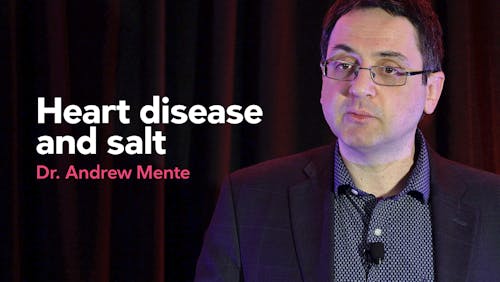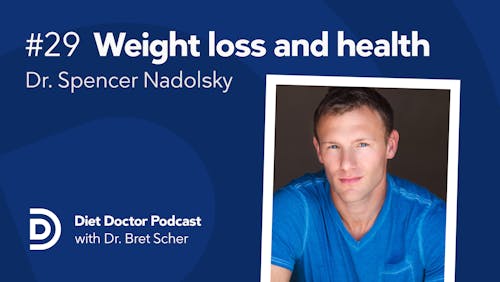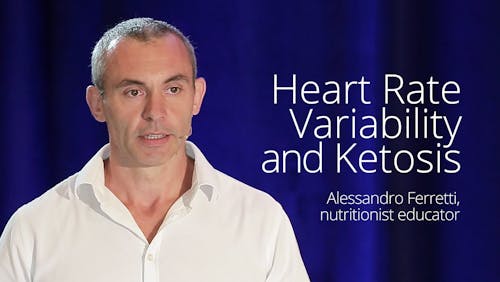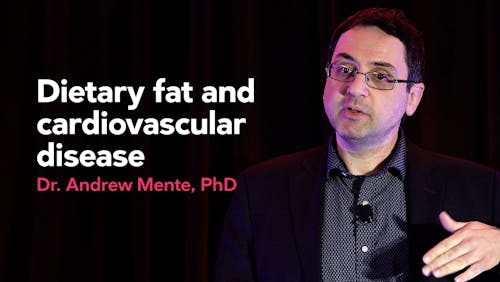Inaccurate news stories suggest low carb causes atrial fibrillation
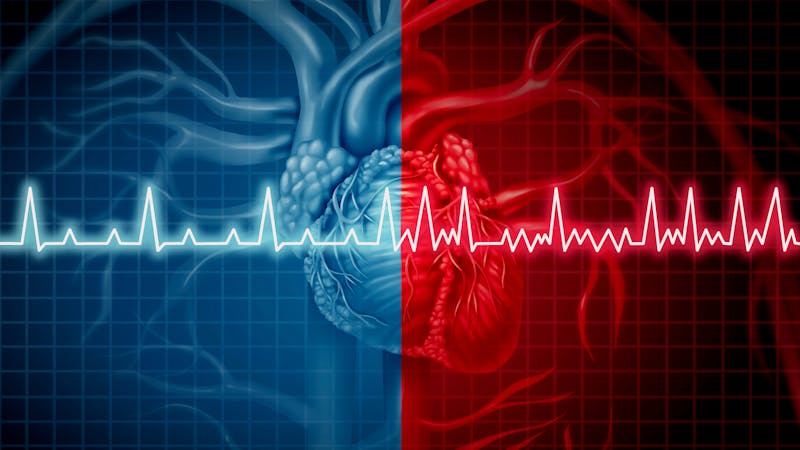
I tried to ignore it, but I just can’t anymore. The misinformation being publicly touted needs clarification.
Popular news articles are covering an observational study linking “low-carb” diets to atrial fibrillation, a potentially dangerous heart-rhythm disorder.
NBC News: Study: Low-carb diet could lead to AFib
EurekAlert: Low-carb diet tied to common heart rhythm disorder
For starters, this study is not published yet, and it hasn’t even been presented at a scientific meeting. It looks like it will be presented next week at the American College of Cardiology’s annual meeting. Scientific integrity, but apparently not journalistic integrity, dictates that one should not discuss the details of a study until it is published. The reasons for this are clear, one of which is that we may draw false conclusions without having the actual data available to review.
This study is a perfect example. The headlines state this study determined those who ate a “low carb” diet were at higher risk of developing atrial fibrillation. Once again, however, the definition of low carb was less than 40% of calories from carbohydrate. That’s 200 grams on a 2,000-calorie diet. I have seen responses on social media such as, “I eat fewer carbs than that on my biggest cheat days!”
While 40% may be low carb by Standard American Diet (SAD) standards, it is a far cry from the less than 50 or even 20 grams of carbs to which most low-carb eaters adhere. There is a reason for the differentiation. At 40% carbs, our bodies are still burning carbs and glucose for fuel. So what happens to the fat? It gets stored. Or worse, it gets oxidized and stored. Either way, the combined high-carb and high-fat diet is the one that is most prone for health problems.
But the problems with the study don’t stop there. This is the same poor quality of evidence that we point out time and time again. Observational trials can suggest an association, but do not prove causation. The food frequency questionnaires used to record participants’ diets are notoriously inaccurate at capturing what people really eat, and they miss dietary changes that happen after the questionnaire was completed. Last, there are numerous potential confounding variables. Did people decrease their carb intake from very high to slightly high (from more than 60% to less than 40%) because they were obese and wanted to lose weight? Did they have diabetes or hypertension and wanted to improve them?
Obesity, sleep apnea, hypertension and diabetes are all risk factors for atrial fibrillation. It turns out that a low-carb diet (the real low carb diet, not the fake one in this study) improves obesity, sleep apnea, hypertension and diabetes. It’s my guess that a higher-quality, better designed study would likely show that low-carb nutrition prevents atrial fibrillation. That’s what I see in my practice, and that is how I am going to continue to use low-carb nutrition. When followed correctly, low-carb nutrition is as a powerful tool to improve health.
Thanks for reading,
Bret Scher, MD FACC


A ketogenic diet for beginners
Guide Here you’ll learn how to eat a keto diet based on real foods. You’ll find visual guides, recipes, meal plans and a simple 2-week get started program, all you need to succeed on keto.
